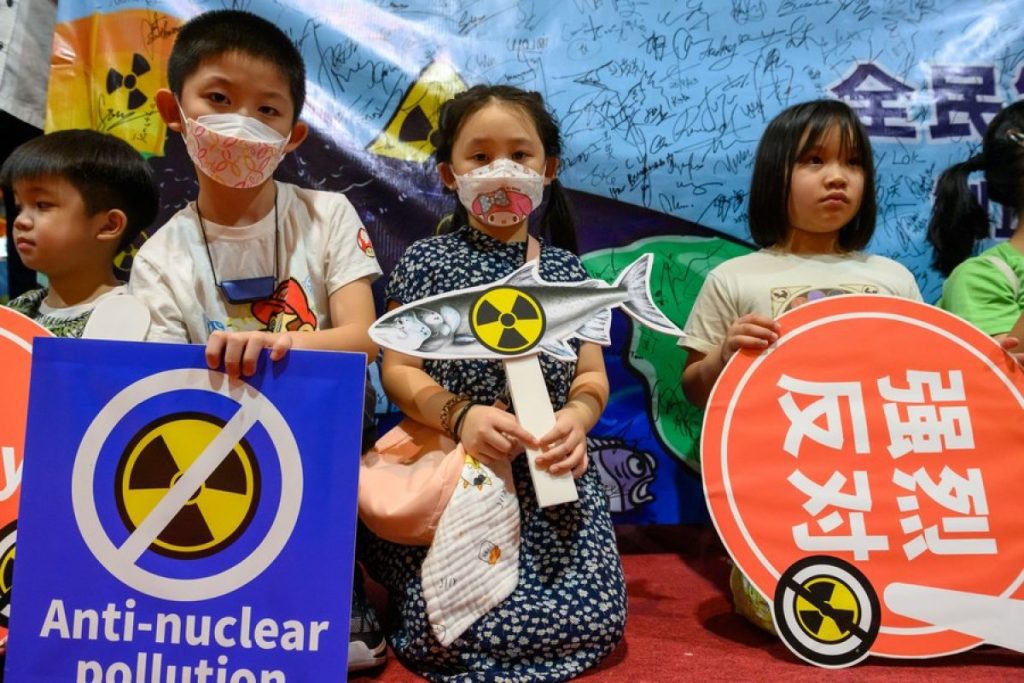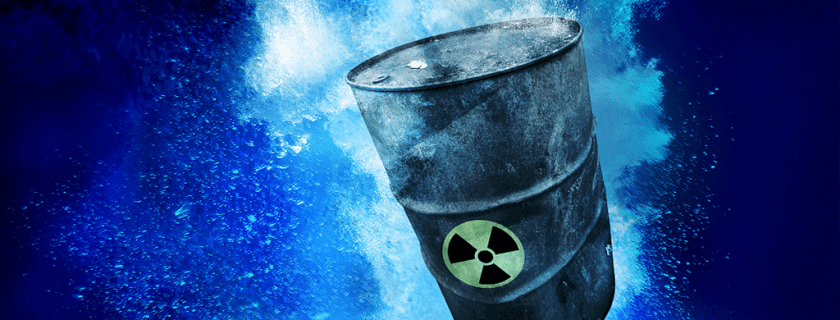The issue of nuclear waste disposal has long been a contentious topic within the realm of environmental and international relations. Recently, Japan’s decision to release treated radioactive water from the Fukushima Daiichi Nuclear Power Plant into the ocean has ignited global discussions and concerns. This article explores the background of the decision, the potential environmental impacts, and the broader implications for the international community.

The Fukushima Daiichi Nuclear Power Plant suffered a catastrophic meltdown in 2011 following a massive earthquake and tsunami, resulting in the release of radioactive materials into the environment. Since then, the Japanese government and Tokyo Electric Power Company (TEPCO) have been working on containing and managing the contaminated water that has accumulated at the site. In April 2021, Japan announced its decision to gradually release treated radioactive water from the plant into the Pacific Ocean, a move that has generated mixed reactions.
Environmental Concerns
The primary concern surrounding Japan’s decision revolves around the potential environmental impact of releasing radioactive water into the sea. Despite claims by Japanese authorities that the water will be treated to remove most radioactive elements, there are lingering doubts about the effectiveness of the treatment process and the long-term consequences. Radioactive isotopes like tritium, even in trace amounts, can pose risks to marine life and ecosystems.

International Reaction and Diplomatic Implications
Japan’s decision to release nuclear waste into the ocean has sparked criticism and concerns from neighboring countries, including South Korea and China. The international community has called for transparency in the disposal process and comprehensive scientific data to assess the potential impacts.pictured on the side is a protest against Japan’s nuclear wastewater disposal in Malaysia
Exploring Alternatives
Critics argue that alternatives to ocean disposal, such as continuing to store the treated water in tanks or exploring advanced technologies for further decontamination, should be thoroughly evaluated. While these alternatives might present their own challenges, they emphasize the importance of prioritizing environmental protection and safety.

Recent Comments